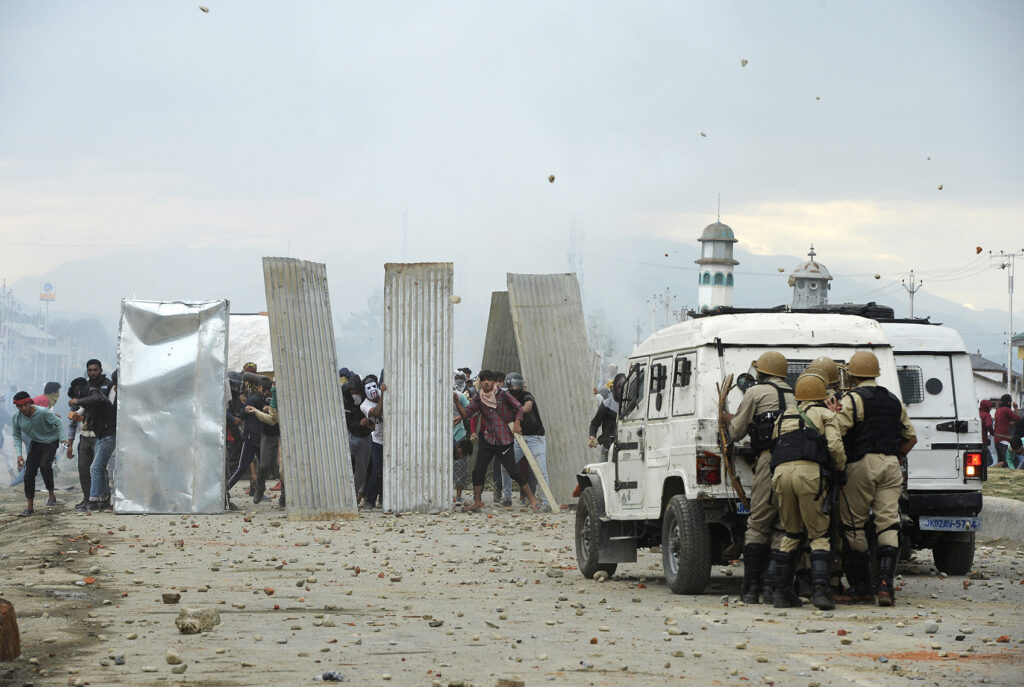In an important diplomatic move, Pakistan Foreign Minister Ishaq Dar recently described the chances of future war with India as “remote,” signaling Islamabad’s willingness to dial down tensions following the latest conflicts. This followed one of the fiercest military skirmishes between the two countries in decades, brought on by a deadly assault in Kashmir, which has been taken for India.
The latest tension in India-Pakistan relations was caused by the April 22 Pahalgam, Kashmir attack that killed 26 people, mostly Indian tourists. The days that followed saw a speedy escalation with both countries following aerial and artillery attacks with casualties & damage to infrastructure on both sides. International forces, led by the United States, stepped in to negotiate a ceasefire, which, though stopping large-scale fighting, has not fully silenced underlying tensions.

Pakistan’s Diplomatic Position
The recent statement by Foreign Minister Dar highlights Pakistan’s receptiveness to talk, though without desperation. There are full-fledged talks addressing a variety of bilateral issues, he emphasized including the contentious Indus Waters Treaty, which India had put on hold in response to the Pahalgam attack. Dar decried India’s exclusive concentration on terrorism and called for a complicated focus including a variety of common problems.
In a related move, former Foreign Minister Bilawal Bhutto-Zardari proposed intelligence cooperation between India’s RAW and Pakistan’s ISI in order to combat terrorism, which may signal a shift to joint security initiatives. He issued a warning that unresolved matters would give non-state actors more confidence and exacerbate instability in the vicinity.

India’s Stand and International Mediation
India upholds the strong position that terrorism and talks cannot go together and expects concrete action from Pakistan to put a leash on cross-border militancy. The downgrading of the Indus Waters Treaty and the expulsion of ambassadors shows India’s more assertive posture. The recent diplomatic initiatives from Pakistan have still to receive a direct response from India.
Globally, countries like the United States, China, and Gulf states have led the initiatives in brokering the ceasefire and pushing both protagonists towards de-escalation. The world has continued to call for continued dialogue to avert the further deterioration of relations between the nuclearized neighbors.

The Road Ahead
The situation is far from stable, even though the immediate threat of broad protests seems to have passed. Pakistan’s call for comprehensive conversation provides a way to address long-standing problems, but real progress requires mutual confidence and concrete actions. To find a path to lasting peace, both countries must work through an intricate the internet of unresolved issues, security concerns, and internal pressures.
The location is holding its breath, the weeks ahead will be pivotal in deciding if this diplomatic gesture will be followed by meaningful engagement or if fixed positions will dominate, continuing the cycle of tension and distrust.
